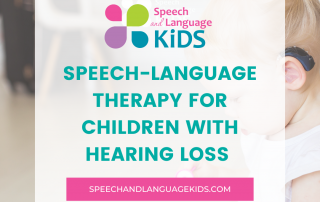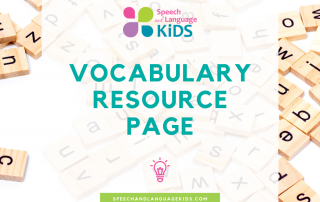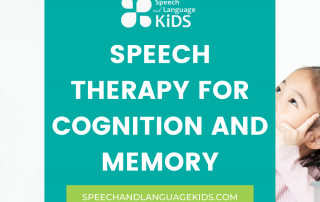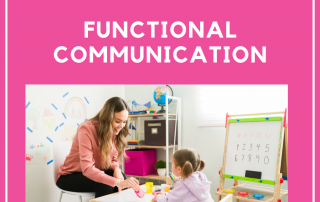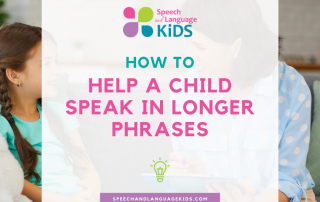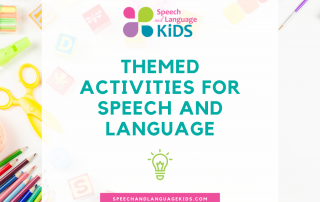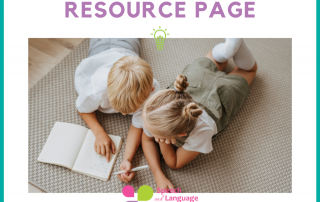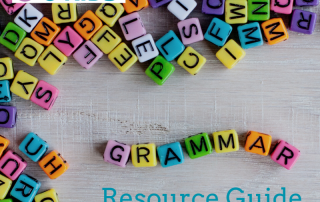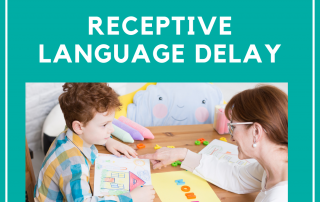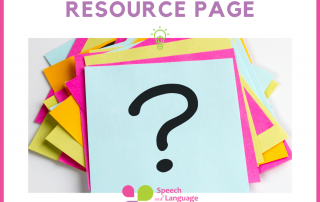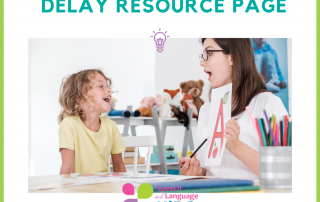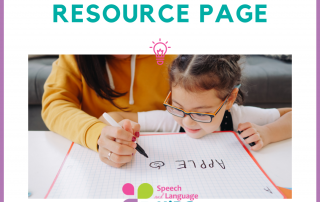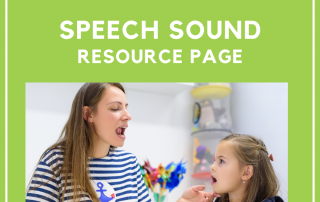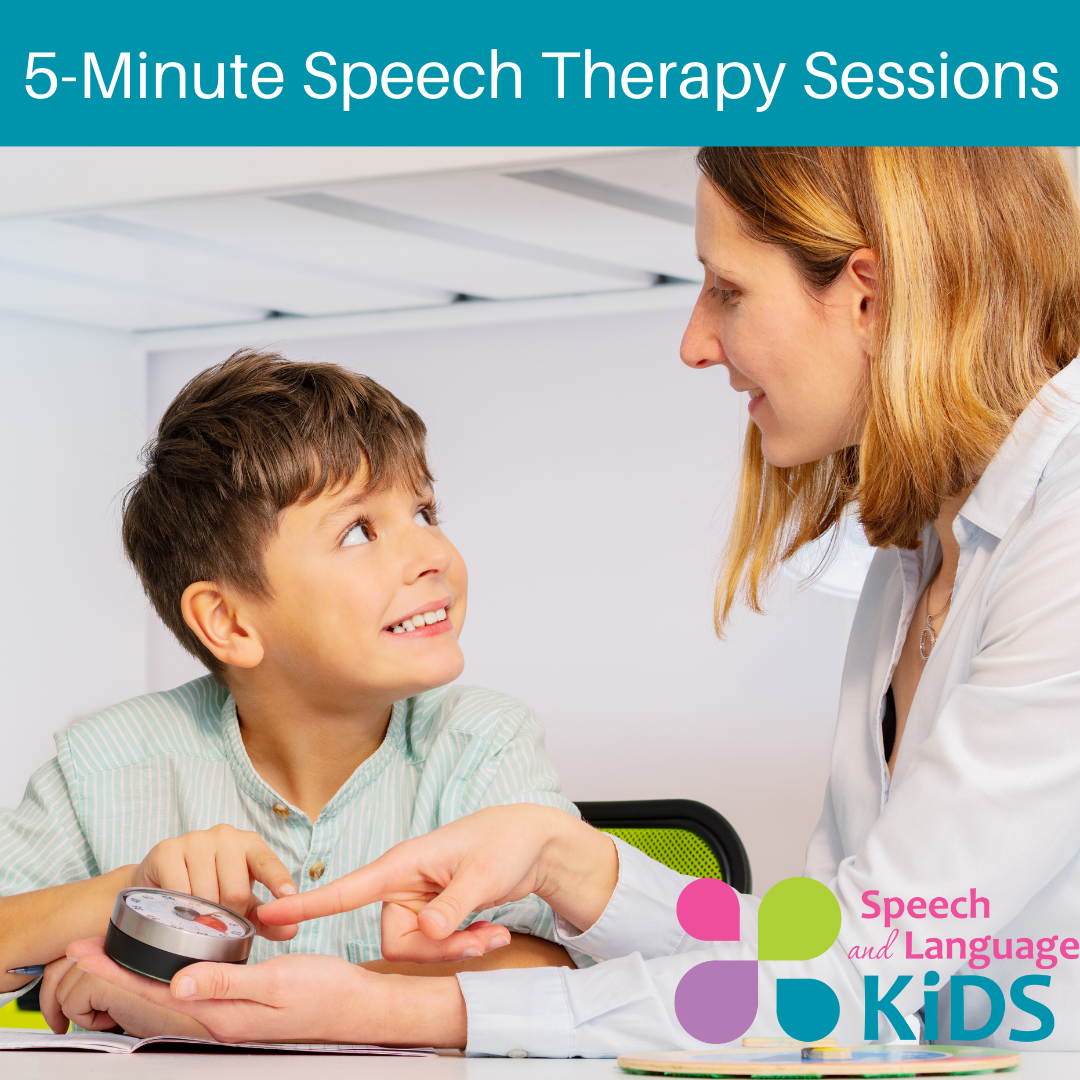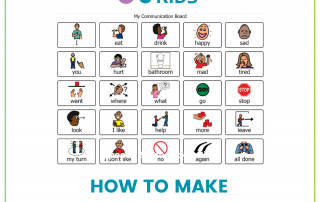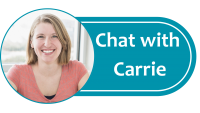Topic:
Resource Type:
Results:
Speech Therapy for Children with Hearing Loss
What is Hearing Loss? The term hearing loss describes a problem with a child’s hearing. Hearing loss can range from mild to profound. A child with a mild hearing loss may be able to understand the general idea of what is being said but may miss certain sounds or specific details.
Vocabulary Resource Page
Vocabulary Activities for Children: How to Boost Vocabulary Skills Vocabulary refers to all of the words that we know. There are four different types of vocabulary: 1. Listening Vocabulary: Words you understand if you hear someone else say them. 2. Speaking Vocabulary: Words you are able to use during
Speech Therapy for Memory & Cognitive Skills
Speech Therapy for Memory and Cognition Skills Speech-language pathologists can help children with memory and cognitive skills. These problems may be a result of a developmental disability or could be associated with an accident, such as with traumatic brain injury. Whatever the cause, speech therapy can help children
Functional Communication: Goals and Speech Therapy Ideas
What is Functional Communication? Functional communication refers to the most basic of communication skills. This type of communication gets one's basic wants and needs known, such as "I want that", "I am hurt", or "I need to use the bathroom". These are not complex
Literacy Resource Page
What is Literacy? Literacy refers to any reading or writing skills. Children with speech and language delays often have difficulty with literacy skills as well. Children who have difficulty pronouncing or understanding certain speech sounds may have difficulty with reading and writing those sounds as well. This can
Mean Length of Utterance (MLU) | Meaning, Norms, and Goals
Mean Length of Utterance (MLU) | Meaning, Norms, and Goals for Increasing Sentence Length Mean Length of Utterance: What is MLU? Mean length of utterance, or MLU, refers to the average length of the sentences that a child typically uses. For example, when children
Speech and Language in Daily Routines
Working Speech and Language Into Daily Routines Many of the parents I work with tell me that they don't feel like they have enough time to work on speech and language skills with their child as much as they know they should. This is a very common problem for busy
Themed Activities for Speech and Language
What is a Themed Activity? This refers to groups of activities that are based around a common theme. For example, you may have activities that are all about sports or winter. Themed activities can be great for working on speech and language skills. Here are some benefits of using
Speech and Language Crafts
Why Use Crafts for Speech and Language Development? Craft activities are great for improving a child's speech and language skills! Not only are they fun to do, but they also work on a variety of speech and language skills without even trying to. Plus, children will have a physical
Social Skills Therapy for Kids: How to Teach Social Communication Skills
Social Skills Therapy: How to Teach Social Communication Skills to Children Some children struggle with the social skills necessary to make and keep friends. It can be tricky to figure out exactly why the child is struggling so this may take some observations and lots of self-reflection on
Grammar Resource Page
What is Grammar? When we talk about helping children who have speech and language delays with grammar, we are talking about all of those little words and word parts that help us make complete sentences. Without grammar, our sentences would sound choppy or telegraphic. For example, instead of saying
Receptive Language Delay: Speech Therapy and Activities
Receptive Language Delay: Speech Therapy and Activities What is Receptive Language Delay? Receptive language delay is a broad diagnosis that simply means that a child has trouble understanding language. This covers a wide variety of language skills and the child may have trouble with all of those skill,
Questions Resource Page
Asking and Answering Questions Children with speech and language delays often have difficulty asking and answering questions appropriately. This is a difficult skill as it requires the child to understand what is being asked, process the question, form an answer, and speak that answer. Or, if the child is
Expressive Language Delay Resource Page
Therapy Activities and Resources for Expressive Language Delays: What is an Expressive Language Delay? Expressive language delay (ELD) is a broad diagnosis that simply means that a child is having trouble using language in some way, shape, or form. Since this diagnosis is so broad, each child with
Sensory and Behavior Resource Page
Many children with speech and language problems also have sensory concerns and/or behavior concerns. For that reason, I have included resources for these topics as well. Browse below to see what information I have. How Do Behavior Concerns Go Along with Communication Delays? When a child is unable to
Tips for Late Talkers: How to Help at Home or in Speech Therapy
Tips for Late Talkers: How to Help at Home or in Speech Therapy According to the Hanen Centre Website, a late talker is defined as a child that is 18-30 months of age who seems to understand language well but does not talk or say words as much
Speech Sound Resource Page
What Are Speech Sound Disorders? Most children naturally learn to say sounds correctly by hearing other people say them. There are certain sounds that are typically acquired earlier and others that come a little later. For example, it's perfectly normal for a small child to say "tat" for "cat"
5-Minute Speech Therapy Sessions: How Long Should Therapy Sessions Be?
5-Minute Speech Therapy Sessions: How Long Should Speech Therapy Sessions Be? What if I told you there was a way for your clients to make faster progress with less time in therapy? I'm guessing you'd be all about it, right? Well, the 5-minute model has shown itself again
PECS for Autism | Speech Therapy Phases and Strategies
What are PECS? PECS stands for Picture Exchange Communication System. PECS is a systematic way to teach a child how to communicate with someone else by handing them a picture of what they want. This program was originally designed for children with autism but can be used
How to Make Communication Boards
How to Make Communication Boards: Communication boards are a great, inexpensive way to provide someone with a means to communicate who may not be able to speak yet. Each board contains several pictures that represent different message that the person may want to say. The person using the board

